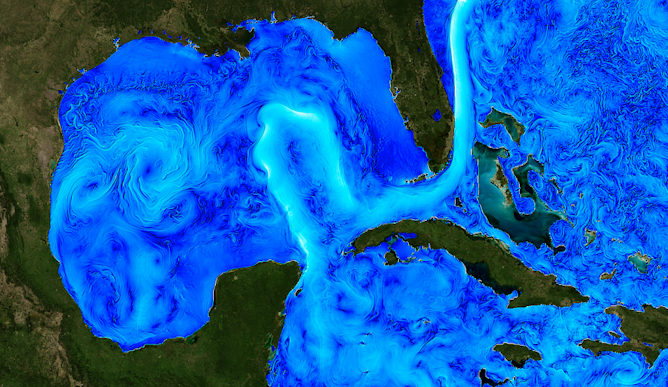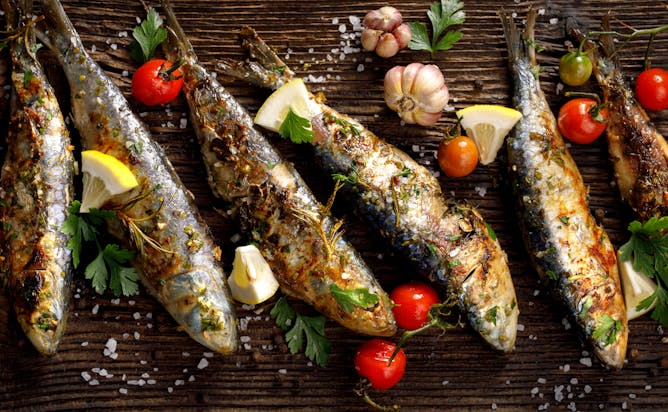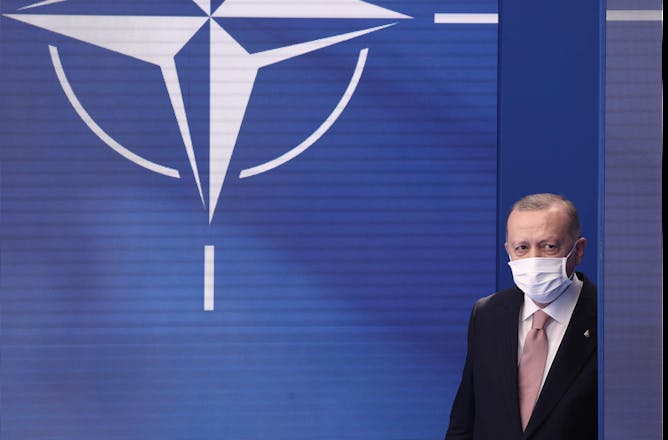|
Michelle Grattan is one of Australia’s leading political journalists. She worked for and edited some of the country’s best known quality newspapers, before joining The Conversation as Chief Political Correspondent of our Australian edition in 2013. She is also a professorial fellow at the University of Canberra.
So, as Australia heads to the polls in a pivotal election this weekend, who better to explain the historic nature of the vote? Michelle has her own Conversation podcast, and in this episode she talks to Australian National University history professor Frank Bongiorno about elections past and present. But she also features in the latest episode ot The Conversation Weekly, discussing the international significance of the
election with regular presenter Gemma Ware.
Whether or not you subscribe to our podcasts, The Conversation would love to hear more about your listening habits. We know time is precious, but this survey should only take a few minutes. We’d really appreciate it, and it will help us determine how we develop our offering in the future.
Thank you.
|

A satellite image of ocean heat shows the strong Loop Current and swirling eddies.
Christopher Henze, NASA/Ames
Nick Shay, University of Miami
With La Niña helping clear the way for a busy hurricane season, this wide current of warm water could spell disaster for the northern Gulf Coast.
|

Warmer-water preferring fish species like sardines and squid may soon dominate seafood menus on the west coast of Canada.
(Shutterstock)
William W. L. Cheung, University of British Columbia
As the ocean temperature rises, many marine species are moving toward the north and south poles in search of cooler waters, thus rewriting the menus of seafood restaurants on the West Coast of Canada.
|

Room for any more at NATO? Not according to Turkey’s president.
Kenzo Tribouillard/AFP via Getty Images
Ronald Suny, University of Michigan
Turkish president Recep Tayyip Erdogan is against allowing two Nordic countries to join NATO over what he deems their support of ‘terrorists.’ His opposition will test the alliance’s unity.
|
|
|
-
Jannie Rossouw, University of the Witwatersrand
Inflation is bad for any country’s economy. It also hurts the wealth and financial well-being of individuals and households.
-
Jayne Caudwell, Bournemouth University
Sport has long been an unsafe place for LGBTQ+ players, but Jake Daniels’s coming out could change things for men’s football.
-
Michael Head, University of Southampton
After reporting zero COVID cases until now, North Korea is facing a rapidly-spreading outbreak of the omicron variant. Here’s how things could play out.
-
Michelle J. Groome, National Institute for Communicable Diseases; Juliet Pulliam, South African Centre for Epidemiological Modelling & Analysis (SACEMA) ; Sheetal Silal, University of Cape Town
Repeated resurgences of SARS-CoV-2 transmission are expected in the years to come.
-
Jillian Peterson, Hamline University ; James Densley, Metropolitan State University
A suspect apparently motivated by a white supremacist agenda shot dead 10 shoppers. Analysis shows that mass shootings – and those at grocery stores – are on the rise.
-
Mischa Young, Université de l'Ontario français; Sarah Choukah, Université de l'Ontario français
New virtual realities are changing the way we interact with our urban spaces. How will the metaverse make some urban amenities redundant and others indispensable?
|
|